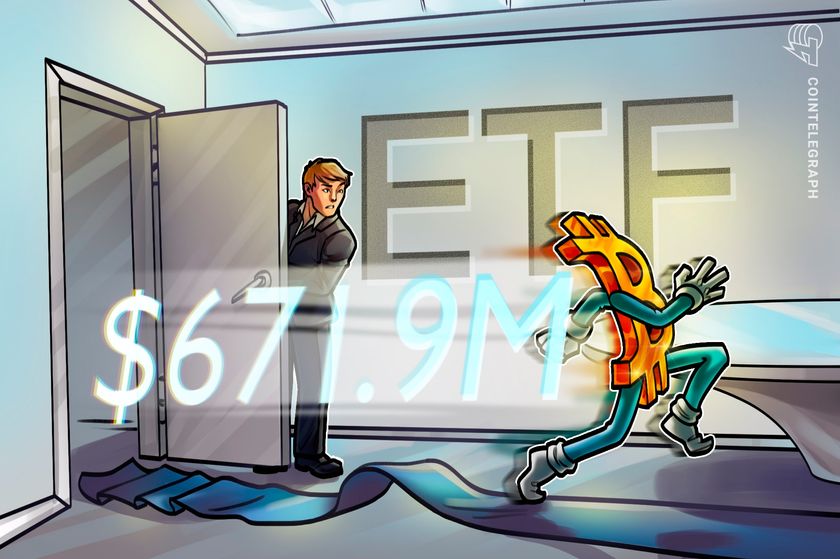
DYdX in talks to sell derivatives trading software to crypto market makers
Key Takeaways
- DYdX Trading Inc. is negotiating the sale of its v3 derivatives trading software to crypto market makers.
- The DYdX v3 platform generated $137 million in fees from $466.3 billion in trading volume in 2022.
Share this article
DYdX Trading Inc. is in negotiations to sell its v3 derivatives trading software to a consortium of leading crypto market makers, including Wintermute Trading Ltd. and Selini Capital. As reported by Bloomberg, the deal is being advised by Perella Weinberg Partners and its amount is undisclosed.
The dYdX v3 platform, which operates on a layer over the Ethereum blockchain, allows users to trade perpetual futures contracts using crypto such as Bitcoin, Ether, Solana, and Dogecoin. It has maintained appeal due to higher liquidity for some tokens and less slippage on large transactions, according to crypto risk modeling firm Gauntlet.
In 2022, the v3 platform generated $137 million in fees from a total trading volume of $466.3 billion, involving over 33,900 unique traders, as reported by VanEck. For 2023, data aggregator DefiLlama forecasts revenue of nearly $19 million.
Notably, dYdX is backed by venture capital firms Andreessen Horowitz and Paradigm, and launched its own blockchain last year with the v4 format. The company, founded in 2017 by former Coinbase and Uber engineer Antonio Juliano, is now led by CEO Ivo Crnkovic-Rubsamen, a former trader at D.E. Shaw.
This potential sale marks a rare M&A event in the decentralized finance (DeFi) sector, where most projects use open-source software. Additionally, US residents won’t get permission to trade on the dYdX exchange.
In an interesting timing, the dYdX official page on X posted that its v3 interface “dydx.exchange” was compromised just a few minutes after Bloomberg’s report. Users were warned to avoid interactions with the website, and no smart contract breaches were reported up until the time of writing.
Share this article
Go to Source
Author: Gino Matos










